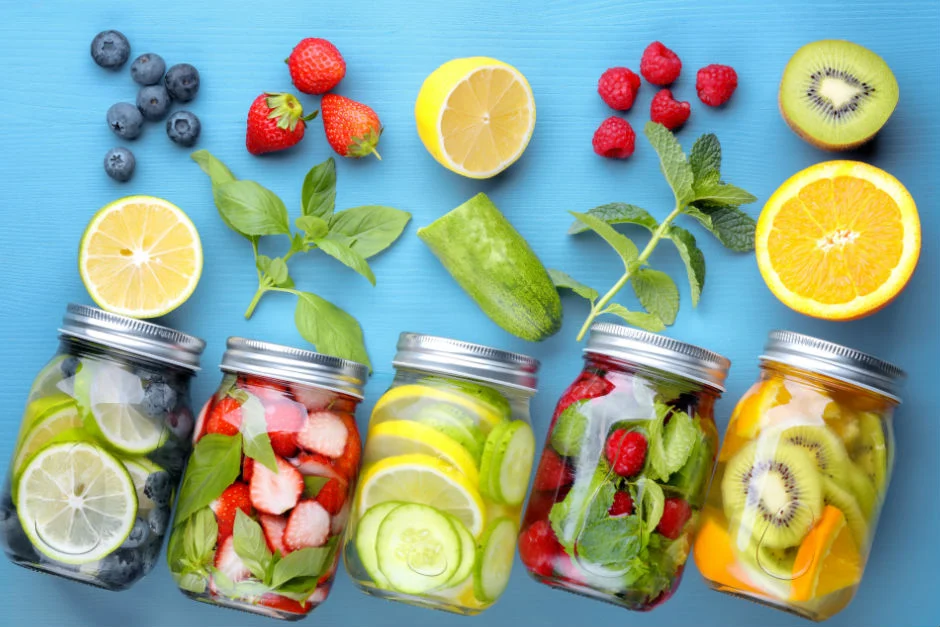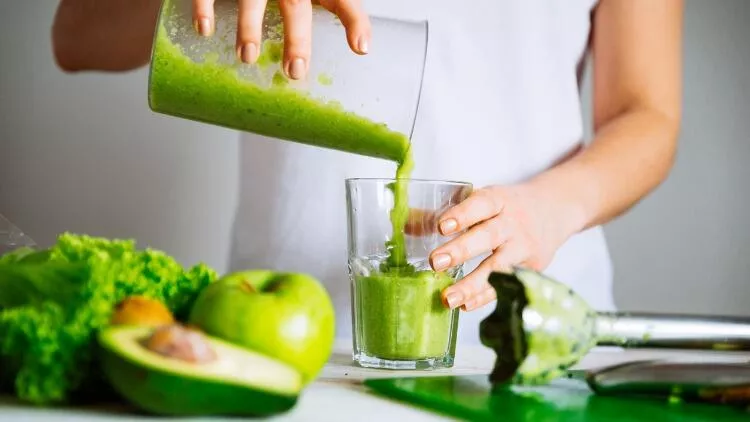Healthy nutrition is meeting the daily energy needs of individuals from carbohydrates, proteins and fats through adequate and balanced nutrition. On a daily basis, 55-60% of the total energy intake of a normal individual should come from carbohydrates. However, for a healthy diet, the carbohydrates we prefer should be complex rather than simple. Complex carbohydrates are whole grain products, wholemeal products, fresh fruits and vegetables.
Protein is also very important for a healthy diet. For a healthy individual, the daily protein amount should constitute 12-15% of energy. Protein sources are divided into 2 as plant and animal origin. Proteins of animal origin consist of meat, eggs, chicken, fish, etc., while proteins of plant origin consist of foods such as lentils, quinoa, buckwheat.
Fats make up 25-30% of the daily energy intake. In order to have a healthy diet, you should also make sure that you get enough fats. It is important to avoid trans fats.
In the same way, vitamins and minerals must be taken as needed to ensure a healthy diet.

What is Detox and When Is It Done?
Detox is defined as cleansing the body of toxins. Detox is done periodically and helps to renew body cells. The most preferred detox programs are the 3-day ones. During this time, the intake of food into the body is minimized to ensure that the body relaxes and gets rid of waste substances.
Detox is a very beneficial way of detoxifying the body, but it should not be a way to be used for every person, every time. Most people unconsciously apply these cures, get the results they want and stop detoxing. If detoxes are used too often, they will not work in the future and will lead to what we call death diets, which are extremely harmful to human health. Improper detoxes can cause tremendous damage to the metabolism and the body.
You should do the detox in a limited time under the control of a dietitian.

What is a Shock Diet and When to Do It?
Dieters may experience a pause in weight loss when they reach a certain stage. The reason for this is that the metabolism gets used to the diet and wants to return to its old slow state. Against this situation, shock diets are applied to surprise and accelerate the metabolism. Thanks to these diets, the metabolism speeds up again and the individual continues to lose weight.
Shock diets are made for 3-5 days. The difference from the detox diet is that while foods such as red meat, milk and dairy products, fish, bread and cereals are not consumed in detox, these foods can be consumed in shock diets. Shock dieting is done in various ways, such as taking only carbohydrates or protein or fat in certain calories for 3 days.
